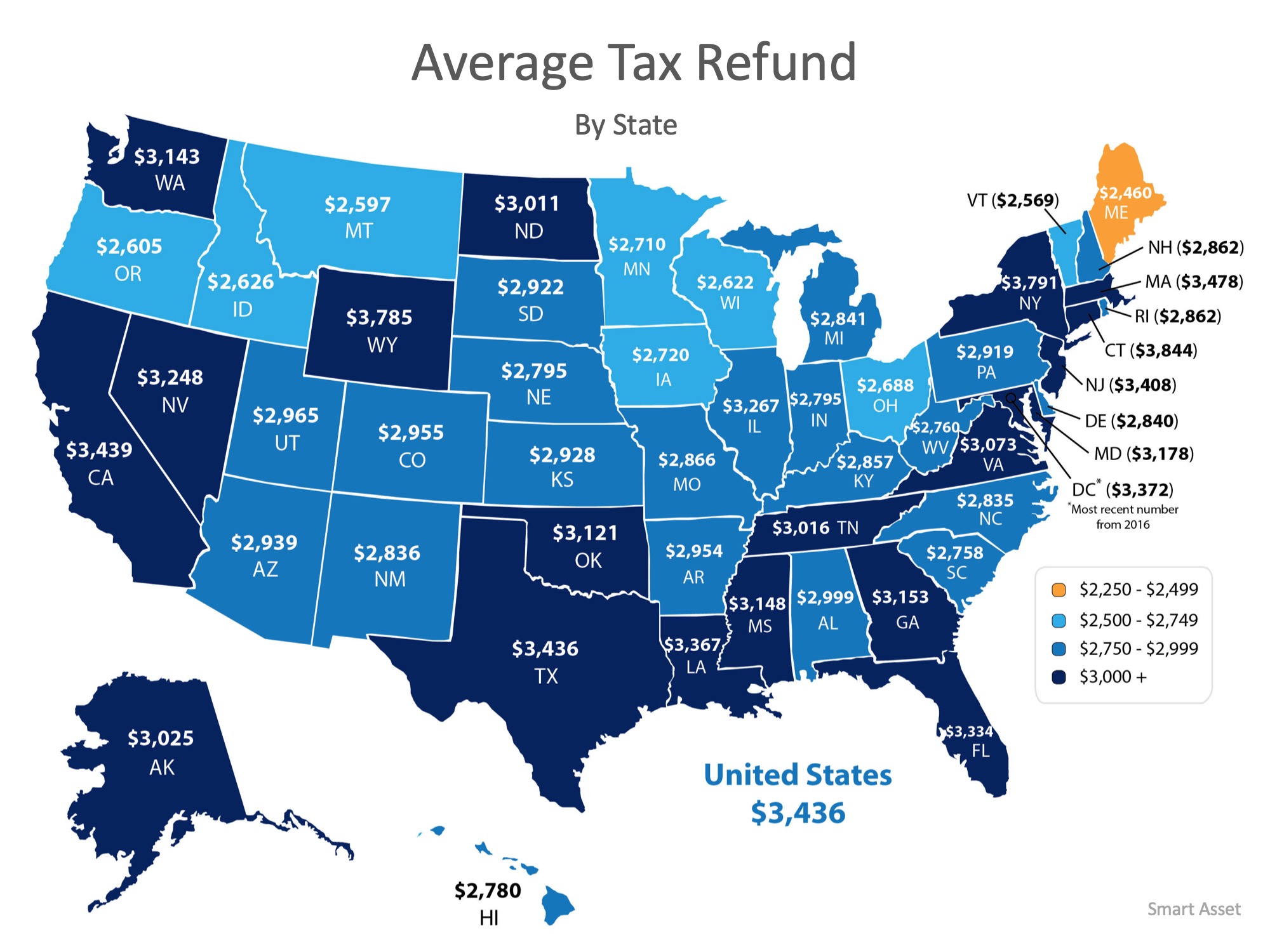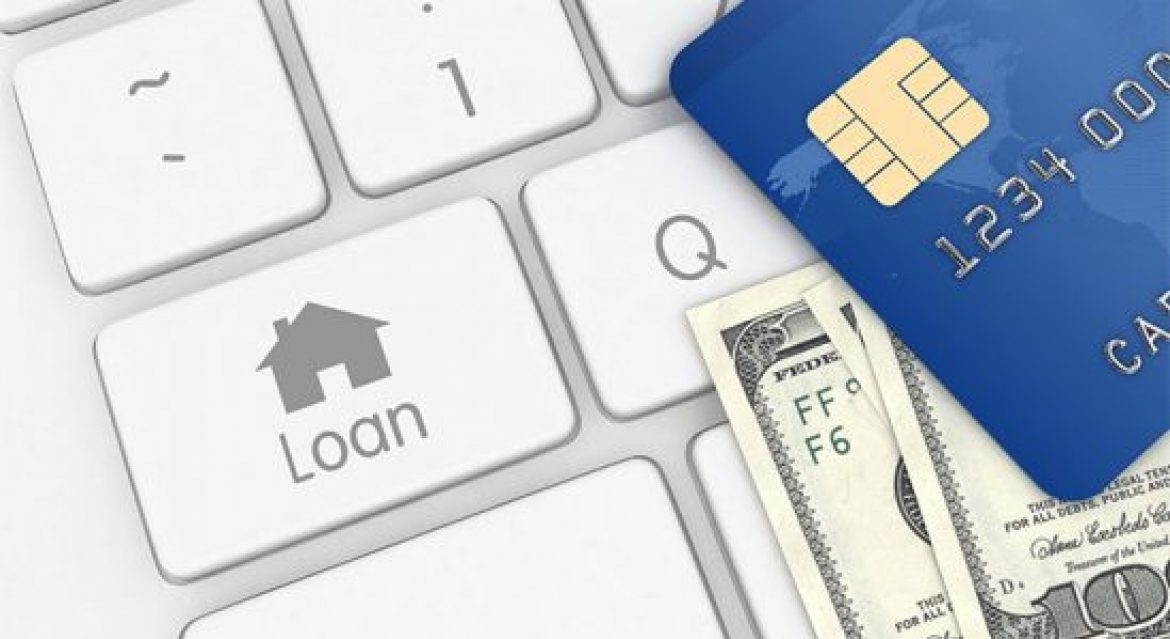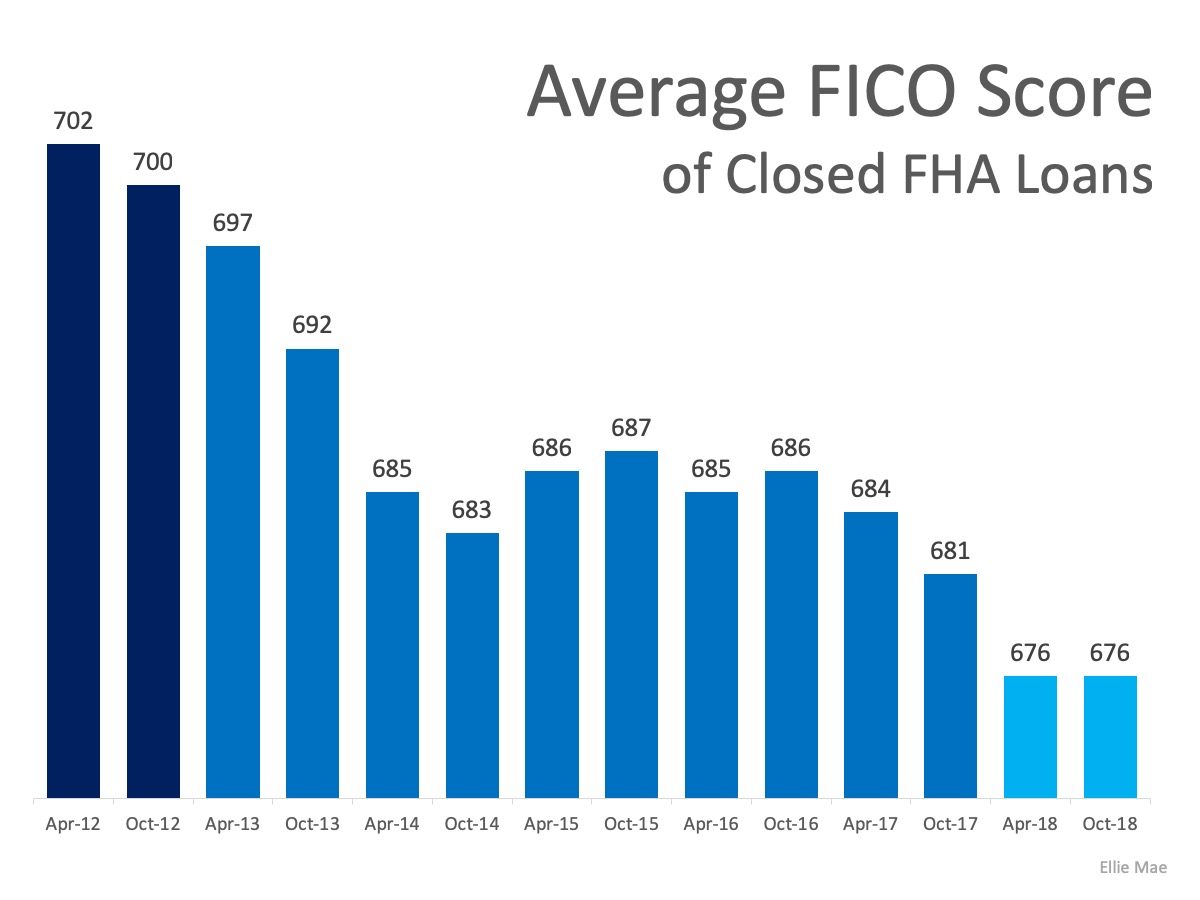
Blog
Month: <span>March 2019</span>



There has been a lot written about the benefits of homeownership. One benefit that continues to rise to the top is the added wealth homeowners gain simply by paying their mortgage while their home increases in value over time.
The National Association of Realtors (NAR) recently broke down the equity gained from price appreciation and principal payments in their Economists Outlook Blog. Homeowners who purchased their homes five years ago have already gained almost $80,000 in equity over that time with 80% of the gains coming from price appreciation.
For a homeowner who purchased their home 30 years ago, they have gained nearly $250,000 in equity with 70% coming from price increases. The full results can be seen in the chart below.
According to the Home Price Expectation Survey, a family who purchased a median priced home this January can expect to gain more than $42,000 over the next five years simply from price appreciation alone.
Bottom Line
Your home is one of the only investments you can live inside as you pay it off over time. If you are ready to use your housing costs to build wealth, let’s get together to discuss how to make your dream a reality.
Source: KCM


The spring housing market is off to the races! The inventory of homes for sale is increasing, buyers are out in force, and interest rates have remained low, peaking the interest of buyers and sellers previously on the fence about making a move.
New research from realtor.com shows that the first week of April is actually the best time to list your house for sale! The report used “trends in median listing prices, views per property on realtor.com, home price drops, median days on market, and number of listings on the market over the last three years,” to determine a ranking for every week of the year.
Listing your home in the first week of April contributes 14x more property views, 5% less competition from other home sellers, and results in the home being sold 6 days faster!
Below is a graph indicating the average score for each month of the year.
It should come as no surprise that April and May dominate as the top months to sell. The second quarter of the year (April, May, June) is referred to as the Spring Buyers Season, when competition is fierce to find a dream home, often leading to bidding wars.
However, there is one caveat worth mentioning. When broken down by metro, realtor.com noticed that while warmer climates share an overall trend, they have different top sales months. The best month to get the most exposure in Miami, FL, for instance, is August, while in Phoenix, AZ, June leads the charge.
If you’re thinking of selling your home this year, the time to list is NOW! According to the National Association of Realtors, 41% of homes sold last month were on the market for less than 30 days! If you list now, you’ll have a really good chance to sell in April or May, setting yourself up for the most exposure!
Bottom Line
Let’s get together to discuss the market conditions in our area to get you the most exposure to the buyers ready and willing to make a move!
Source: KCM


“I have observed that not the man who hopes when others despair, but the man who despairs when others hope, is admired by a large class of persons as a sage.” – John Stuart Mill (1840s)
Even back in the mid-1800s, people knew that negative news sells. That is still true today. All forms of media realize that they will get more eyeballs, clicks, likes, and engagement by posting something negative. However, they must realize that negative headlines impact markets.
Just last week, the National Association of Home Builders released a survey revealing:
“Negative media reports making buyers cautious was a significant problem for 48% of builders in 2018, but 62% expect it to be a problem in 2019.”
Even today, good news is headlined with a negative spin in order to get attention. Here are two recent examples from mainstream media:
Actual Headline #1: Cash-out refis are back – will homes become ATMs again?
The real story: The headline is accurate – to a point. It is true that the percentage of refinances in which the homeowner received cash at the closing has increased to levels that existed in 2006. However, the actual amount of equity homeowners “cashed-out” compared to a decade ago isn’t close.
The dollar amount cashed-out last year was $63 billion. That seems like a really large number until we compare it to 2006, when homeowners cashed-out $321 billion. That is more than five times the current amount.
In 2006, people did use their homes as ATMs. They purchased new cars, boats, and lavish vacations. Today, the cashed-out equity is being used to consolidate debt, as seed capital for a new business, or to help a child with their college tuition.
Actual Headline: Consumer Debt hits $4 Trillion. Americans are diving deeper and deeper into debt.
The real story: The first sentence of the headline is accurate. The second sentence couldn’t be further from the truth. Total consumer debt is the highest it has ever been. That’s because the population continues to grow, and so does the economy (prices and wages).
The important number is how that total debt ranks as a percentage of disposable personal income. That percentage is the lowest ever recorded!! People are not “diving deeper and deeper into debt”. The exact opposite is true. They have less debt now than ever before.
Bottom Line
If you are thinking about buying or selling a home, it is important that you have a true professional handling your real estate needs. Someone who knows the truth about the current economy and its potential impact on the housing market.
Source: KCM


According to data released by the Internal Revenue Service (IRS), Americans can expect an estimated average refund of $3,143 this year when filing their taxes. This is down slightly from the average refund of $3,436 last year.
Tax refunds are often thought of as ‘extra money’ that can be used toward larger goals. For anyone looking to buy a home in 2019, this can be a great jump start toward a down payment!
The map below shows the average tax refund Americans received last year by state. Many first-time buyers believe that a 20% down payment is required to qualify for a mortgage. Programs from the Federal Housing Authority, Freddie Mac, and Fannie Mae all allow for down payments as low as 3%. Veterans Affairs Loans allow many veterans to purchase a home with 0% down.
Many first-time buyers believe that a 20% down payment is required to qualify for a mortgage. Programs from the Federal Housing Authority, Freddie Mac, and Fannie Mae all allow for down payments as low as 3%. Veterans Affairs Loans allow many veterans to purchase a home with 0% down.
If you started your down payment savings with your tax refund check this year, how close would you be to a 3% down payment?
The map below shows what percentage of a 3% down payment is covered by the average tax refund by taking into account the median price of homes sold by state. The darker the blue, the closer your tax refund gets you to homeownership! For those in Oklahoma looking to purchase their first homes, their tax refund could potentially get them 85% closer to that dream!
The darker the blue, the closer your tax refund gets you to homeownership! For those in Oklahoma looking to purchase their first homes, their tax refund could potentially get them 85% closer to that dream!
Bottom Line
Saving for a down payment can seem like a daunting task. But the more you know about what’s required, the more prepared you can be to make the best decision for you and your family! This tax season, your refund could be your key to homeownership!
Source: KCM


In today’s real estate market, with more houses coming to market every day and eager buyers searching for their dream home, setting the right price for your house is one of the most important things you can do.
According to CoreLogic’s latest Home Price Index, home values have risen at over 6% a year over the past two years, but have started to slow to 4.4% over the last 12 months. By this time next year, CoreLogic predicts that home values will be 4.6% higher.
With prices slowing from their previous pace, homeowners must realize that pricing their homes a little OVER market value to leave room for negotiation will actually dramatically decrease the number of buyers who will see their listing! (see the chart below) Instead of the seller trying to ‘win’ the negotiation with one buyer, they should price their house so that demand for the home is maximized. By doing so, the seller will not be negotiating with a buyer over the price, but will instead have multiple buyers competing with each other over the house.
Instead of the seller trying to ‘win’ the negotiation with one buyer, they should price their house so that demand for the home is maximized. By doing so, the seller will not be negotiating with a buyer over the price, but will instead have multiple buyers competing with each other over the house.
The key to selling your house in 2019 is making sure your house is Priced To Sell Immediately (PTSI)! That way, your home will be seen by the most buyers and will sell at a great price before more competition comes to market!
Bottom Line
If you are debating listing your house for sale, let’s get together to discuss how to price your home appropriately for our area and maximize your exposure this Spring Market!
Source: KCM


Many have written about the millennial generation and whether or not they, as a whole, believe in homeownership as part of attaining the American Dream.
Millennials have taken longer to obtain traditional milestones than the generations before them, such as getting married, having kids, and buying a home. However, that does not mean that they do not still aspire to achieve those things.
History shows that people tend to buy their first home around age 30. Nearly 5 million millennials will turn 30 in the next two years. This will continue to fuel demand for housing.
This is also one of the many reasons why the millennial homeownership rate has continued to grow over the past few years. 48.4% of Americans between the ages of 30-34 now own a home.
There are over 46 million millennials (33% of the generation) who are considered “Mortgage Ready”, meaning they meet the qualifications to be approved for a mortgage today!
- a FICO Score ≥ 620
- a Back-End Debt to Income Ratio ≤ 25%
- no Foreclosures or Bankruptcies in the last 7 years
- no severe delinquencies in 1 year
Rob Chrane, CEO of Down Payment Resource, commented on the findings of the report,
“We now know there are millions of buyers with the income & credit necessary to qualify to buy a home. The biggest question is:
Do they know it? …Unfortunately, many renters don’t investigate homeownership simply because they don’t believe it’s an option.”
The good news is that more and more millennials are realizing that they can afford a home now. Even so, more can be done to increase awareness of low down payment programs to attract even more of this generation.
New data from realtor.com shows that in December, millennials accounted for 42% of all new home loans originated in the month. This is more than any other generation.
Bottom Line
If you are one of the many millennials who may be “Mortgage Ready” but are unsure what your next steps should be, let’s get together to help guide you on your path to homeownership!
Source: KCM


Some Highlights:
- When listing your house for sale, your top goal will be to get the home sold for the best price possible!
- There are many small projects that you can do to ensure this happens!
- Your real estate agent will have a list of specific suggestions for getting your house ready for market and is a great resource for finding local contractors who can help!
Source: KCM


There are many misconceptions about the credit score needed to buy a house. Recently, it was reported that 24% of renters believe they need a 780-800 credit score to be considered for a mortgage. The reality is they are misinformed!
Only 25% of the Americans have a FICO® Score between 740 and 800. Here is the breakdown according to Experian:
- 16% Very Poor (300-579)
- 18% Fair (580-669)
- 21% Good (670-739)
- 25% Very Good (740-799)
- 20% Exceptional (800-850)
Randy Hopper, Senior Vice President of Mortgage Lending for Navy Federal Credit Union said,
“Just because you have a low credit score doesn’t mean you can’t purchase a home. There are a lot of options out there for consumers with low FICO® scores,”
There are many programs available with low or no credit score requirement. The Federal Housing Administration (FHA) now requires a minimum FICO® score of 580 if you want to qualify for the low down payment advantage. The US Department of Agriculture (USDA) does not set a minimum credit score requirement, but most lenders require a score of at least 640. Veterans Affairs (VA) loans have no credit score requirement.
As you can see, none of them are above 700!
It is true that the average FICO® score for all closed loans in January was 726, but there are plenty of people taking advantage of the low credit score requirements. Here is the average FICO® Score of closed FHA Loans since April 2012 according to Ellie Mae: As you can see, that number has been dropping for the last seven years. As a matter of fact, the average FHA Purchase FICO® Score reported in January 2019 was 675!
As you can see, that number has been dropping for the last seven years. As a matter of fact, the average FHA Purchase FICO® Score reported in January 2019 was 675!
One of the challenges is that Americans are unsure about their credit score. They just assume that it is too low to qualify and do not double check. Credit.com confirmed that only 57% of individuals sought out their credit score at least once last year.
FICO® reported,
“Since October 2009, the average year-over-year FICO® Score has steadily and consistently increased, from a low of 686 in 2009 to the latest high of 704 as of 2018.”
Here is the increase in the average US FICO® Score over the same period of time as the graph earlier.
Bottom Line
At least 84% of Americans have a score that will allow them to buy a house. If you are unsure what your score is or would like to improve your score in order to become a homeowner, let’s get together to help you set a path to reach your dream!
Source: KCM


Everyone should realize that unless you are living somewhere rent-free, you are paying a mortgage – either yours or your landlord’s. Buying your own home provides you with a form of ‘forced savings’ that allows you to use your monthly housing costs to increase your family’s wealth.
Every month that you pay your mortgage, you are paying off a portion of the debt that you took on to purchase your home. Therefore, you own a little bit more of your home every month in the form of home equity. As your home’s value increases, you also gain home equity.
Every quarter, Pulsenomics surveys a nationwide panel of over 100 economists, real estate experts, and investment and market strategists. They are asked to project how residential home prices will appreciate over the next five years for their Home Price Expectation Survey (HPES).
The latest data from their Q1 2019 Survey revealed that home prices are expected to round out the year 4.3% higher than they were in January. For the next 5 years, home values will appreciate by an average of 3.21% a year.
This is great news for homeowners!
For example, let’s assume a young couple purchased and closed on a $250,000 home in January of this year. Simply through their home appreciating in value, those homeowners can build their home equity by over $40,000 over the next five years.
Let’s look at the potential equity gained over the same period of time at some higher price points:
In many cases, home equity is a large portion of a family’s overall net worth.
Bottom Line
Whether it’s your first or your fifth, if your plan for this year includes buying a home, let’s get together to help you understand where prices are headed in our area.
Source: KCM


![10 Steps to Buying a Home [INFOGRAPHIC] | Simplifying The Market](https://files.simplifyingthemarket.com/wp-content/uploads/2019/03/28150802/20190329-10-Steps-MEM.jpg)


![20 Tips for Preparing Your House for Sale This Spring [INFOGRAPHIC] | Simplifying The Market](https://files.simplifyingthemarket.com/wp-content/uploads/2019/03/19171845/20190322-ENG-MEM.jpg)


